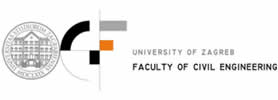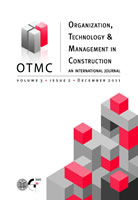Abstract:
Due to both budgetary constraints on the public sector and to the need to optimize financial resources, several models and methods of public-private partnerships (ppps) in megaprojects have been developed in the current financial crisis, although there is considerable confusion and ambiguity as to how these models should be systematized. This article provides a literature review of PPP Models, where the clarification of this current confusion and ambiguity constitute the fundamental issue addressed by our research. The systematization of the PPP models is performed by applying six classification criteria based on organizational and financial aspects and focused on the Spanish experience. Additionally, a comparative
study of the various schemes applied in European countries is carried out, whereby the concession model implemented successfully in Spain is studied in greater detail. To this end, a megaproject, the first metro line of Seville (Spain) forms the basis of a case-study. When the megaproject is viable through user fees, the public sector can use PPPs to defer payments and as a way to control their deficits and debt without cutting investments in infrastructures and public services. Nevertheless, certain drawbacks should be borne in mind, such as the expenditure commitments of future budgets, the higher cost of private funding, and the necessity for transparency and accountability of PPP contractual arrangements to be improved. Therefore, the aim of this article is to analyze the various forms of PPPs in megaprojects in order to determine the potential efficiency gains that can be achieved in the implementation
of these models.
Keywords: Public-Private Partnerships, Models of PPPs, Public sector, Megaproject, Spanish metro line
|



 |
| 